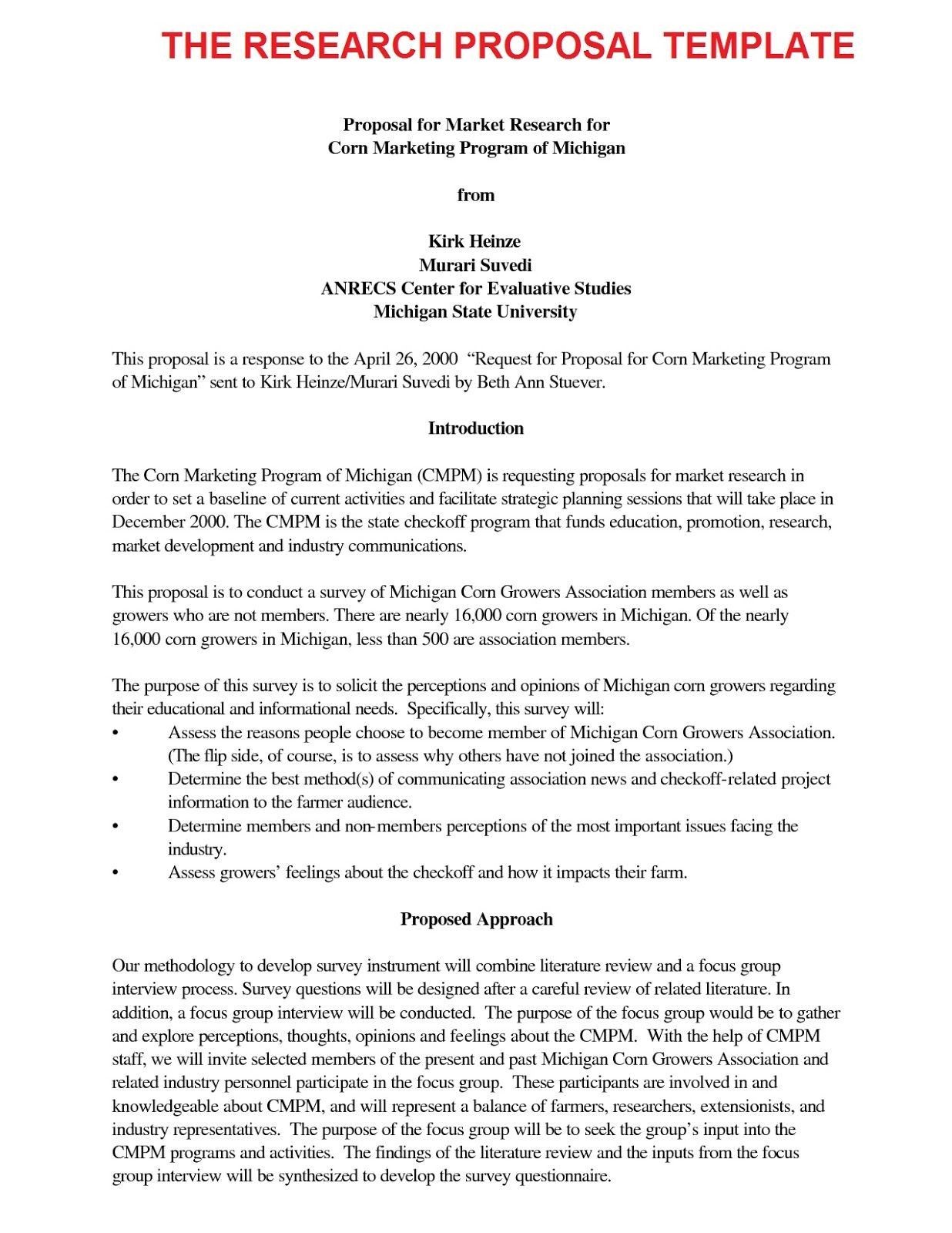If you are all set for your Doctoral journey then perhaps started thinking about your research proposal, isn’t it? Experts say that, a good research proposal has to validate that your research is worth doing and that you're the right person to do it. Sound simple enough? But, unfortunately, it is not so simple in practice.
Being a Doctoral student brings a lot of pressure from time to time. An inapt Doctoral proposal might cause you problems and all your years of hard work may go in vain. And, it’s not that hard to enlighten what makes a good Doctoral research proposal.
Some Obvious Doctoral Proposal Errors
Here are some of the major mistakes you could be making - or about to make - with your Doctoral proposal:
Confusion Between Proposal & Doctoral
The Doctoral needs the aptitude to be careful and self-critical. A well-organized and well-constructed proposal doesn't just state that you have those aptitudes. It demonstrates them.
Same Proposal For Several Applications
Using exactly the same proposal for multiple applications is another common mistake that people make. They shouldn't be equal. If you are impending other organizations, present your ideas as a good fit for them also.
The Topic is Not Well Justified
It has to be well justified to persuade your university to approve your research. Poor explanation of the research topic is a common reason for proposals to be rejected. Try to establish both originality and importance.
Poor Writing
Certainly, this can deeply detract from your research proposal. Inappropriate language, Grammar and spelling issues, etc. can affect your research proposal. Editing and proofreading your proposal is extremely necessary.
Your research proposal should be a clear, summarizing and substantial sketch of your project that enlightens what you’re going to do.
What are the Vital Details to Comprise in Your Research Proposal?
In the following, we have listed the essential elements of a good research proposal.
- Your title has to be clear but outstanding, quickly telling your reader what your research is about.
- The introduction sets the tone for the rest of your proposal and thus, start by introducing the subject area and the precise problem your research will talk about.
- Additionally, you should deliver an overview of key studies in your field.
- Your research proposal should outline a set of aims along with objectives. If essential, you should also state the hypotheses that your research will test.
- If you’re conducting experimental research then make sure to recognize the approaches you intend to use in the study. Try to be as descriptive as possible.
- Consider the scope of the research. Your research proposal should thus consist of something about what your work will focus on and what it leaves unaddressed.
- A good research proposal will also embrace a chapter outline as well as a timetable.
After knowing the common mistakes and things to include in a research proposal, let us explore some of the very effective tips

(Source - www.pinterest.com/)
Effective Writing Tips for Doctoral Proposal
Well, the foremost of your Doctoral proposal is to establish your mentors the way in which you are going to carry out the research.
- Create an Engaging Title
Certainly, Title is the primary thing that is going to get most of the job done. It is quite understandable. Find out what problem will your thesis resolve? What is your thesis supposed to demonstrate? Who is the most applicable audience for your idea? Hence, you need to choose a title which is attractive to your peers.
- Not Understanding the Purpose
The elementary purpose of your Doctoral proposal is to support you in completing your research and make your Doctoral idea effortlessly. Employ your mentor and gather feedback. It is important to understand that the proposal is similarly important to both you and your instructor.
- Follow the Format
Usually, a standard Doctoral proposal looks like this ---
- Abstract (it has to be complete with your instructor).
- Introduction of Thesis.
- Literature Review.
- Thesis Statement.
- The approach of the study.
- Results.
- Boundaries of the study.
- Knowledge Contribution.
- References to be used.
Create a framework and follow the flow.
- Proofread
From the start to the end, proofreading and editing are a must. To keep the accuracy and to get splendid results proofreading must positively dwell in your plan. Directionless or scattered writing, wrong grammar, referencing issues, etc. all affect your research proposal.
Final Thoughts
If you want, you can take help from professional dissertation service providers, who will help you to find out accurate topics according to your awareness and academic background of you. In East Bridge College, we help our students from scratch. Also, whatever we just shared in this blog about is nothing new!
Hopefully this post has helped you!
Written By : Elizabeth Garcia




